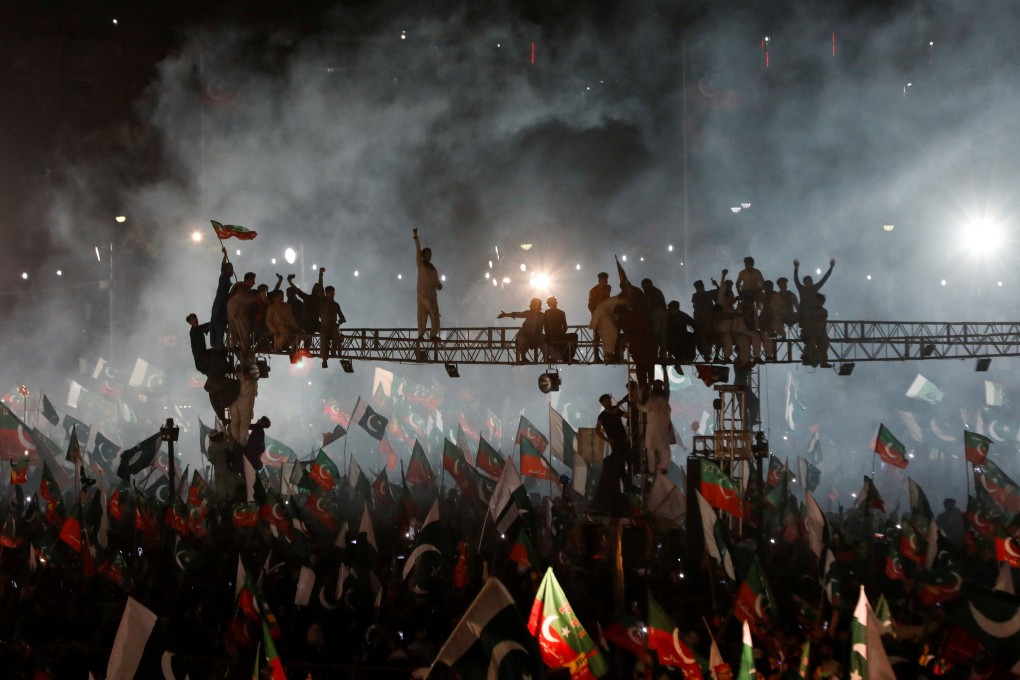Opinion | Pakistan faces an uncertain future as Khan’s ousting paves way for return to dynastic nepotism
- Imran Khan was seen as a breath of fresh air by young Pakistanis, but resented by the political elite and military for building ties with Russia and China over traditional ally the US
- Economic turmoil provided the grounds for removing Khan, but the new government may struggle to hold onto power

Strategically located in South Asia, Pakistan has played an important role in global geopolitics since gaining independence from Britain in 1947.
Yet, having been predominantly ruled by the military, which has been involved in toppling three civilian governments, Pakistan has never had the best of luck with its prime ministers – not one has finished their entire term of office.
Although these are valid points, it is crucial to look beyond the hype to other equally valid factors contributing to the political instability, as well the broader impact of the current situation.
Khan came to power in 2018 with visions of a country free from corruption, prosperous and respected around the world. As a result, he gained tremendous support among young and well-educated people who, like Khan, wanted to turn Pakistan from a country with a “small group of wealthy and a sea of poor” into an “example for a humane system, a just system, for the world, of what an Islamic welfare state is”.
Breaking with the dynastic nepotism of the past, Khan’s government made appointments based on merit. It became more citizen-friendly; plans to implement universal healthcare started with a pilot programme in one province that was to be expanded nationally.

